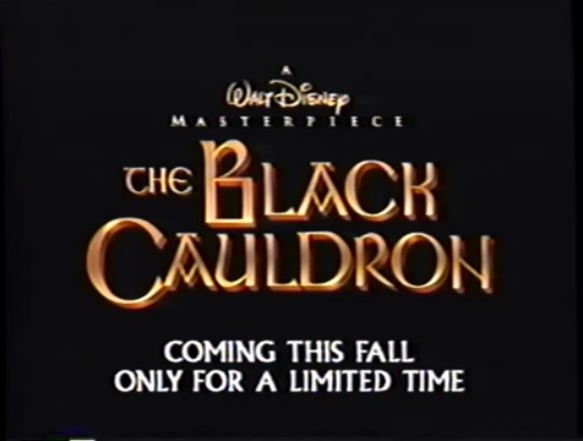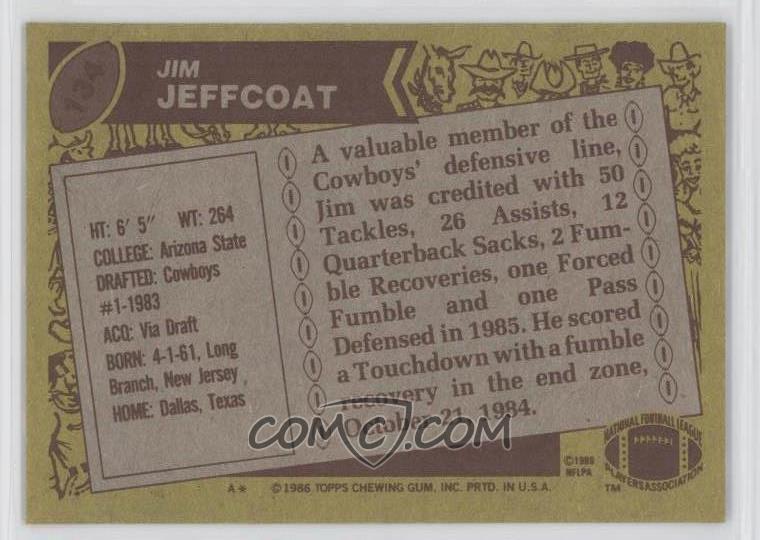Conditions can be used within a script or automation to prevent further execution. When a condition does not return true, the script or automation stops executing. A condition will look at the system at that moment. For example, a condition can test if a switch is currently turned on or off.
- Seating view photos from seats at Bryant-Denny Stadium, section end zone, home of Alabama Crimson Tide. See the view from your seat at Bryant-Denny Stadium.
- With a fantastic mix of style, beauty, and luxury, the Lane 222 End Zone is an ideal way to accentuate and enhance your home theater room.
Unlike a trigger, which is always or, conditions are and by default - all conditions have to be true.
Field Hockey end zone end zone Youth Field Hockey drills, session plan, lesson plans and practices. Drafted by the Pittsburgh Steelers in the seventh round (232nd overall) of the 2020 NFL Draft. Four-year letterwinner at Nebraska (2015-19)honorable-mention All-Big Ten (2018).
AND condition
Test multiple conditions in one condition statement. Passes if all embedded conditions are valid.
If you do not want to combine AND and OR conditions, you can list them sequentially.
The following configuration works the same as the one listed above:
Currently you need to format your conditions like this to be able to edit them using the automations editor.
OR condition
Test multiple conditions in one condition statement. Passes if any embedded condition is valid.
MIXED AND and OR conditions
Test multiple AND and OR conditions in one condition statement. Passes if any embedded condition is valid.This allows you to mix several AND and OR conditions together.
NOT condition
Test multiple conditions in one condition statement. Passes if all embedded conditions are not valid.
Numeric state condition
This type of condition attempts to parse the state of the specified entity or the attribute of an entity as a number, and triggers if the value matches the thresholds.
If both below and above are specified, both tests have to pass.
You can optionally use a value_template to process the value of the state before testing it.
It is also possible to test the condition against multiple entities at once.The condition will pass if all entities match the thresholds.
Alternatively, the condition can test against a state attribute.The condition will pass if the attribute value of the entity matches the thresholds.
Number helpers (input_number entities) can be used in the above and belowoptions to make the condition more dynamic.
State condition
Tests if an entity is a specified state.
It is also possible to test the condition against multiple entities at once.The condition will pass if all entities match the state.
Testing if an entity is matching a set of possible conditions;The condition will pass if the entity matches one of the states given.

Or, combine multiple entities with multiple states. In the following example,both media players need to be either paused or playing for the condition to pass.
Alternatively, the condition can test against a state attribute.The condition will pass if the attribute matches the given state.
Finally, the state option accepts helper entities (also known as input_*entities). The condition will pass if the state of the entity matches the stateof the given helper entity.
Sun condition
End Zone Band
Sun state condition
The sun state can be used to test if the sun has set or risen.
Sun elevation condition
The sun elevation can be used to test if the sun has set or risen, it is dusk, it is night, etc. when a trigger occurs.For an in-depth explanation of sun elevation, see sun elevation trigger.
Sunset/sunrise condition
The sun condition can also test if the sun has already set or risen when a trigger occurs. The before and after keys can only be set to sunset or sunrise. They have a corresponding optional offset value (before_offset, after_offset) that can be added, similar to the sun trigger. When both keys are used, the result is a logical and of separate conditions.

Note that if only before key is used, the condition will be truefrom midnight until sunrise/sunset. If only after key is used, the condition will be true from sunset/sunrise until midnight. Therefore, to cover time between sunset and sunrise one need to use after: sunset and before: sunrise as 2 separate conditions and combine them using or.
In those cases it is advised to use conditions evaluating the solar elevation instead of the before/after sunset/sunrise conditions.
This is ‘when dark’ - equivalent to a state condition on sun.sun of below_horizon.
This is ‘when light’ - equivalent to a state condition on sun.sun of above_horizon.
We cannot use both keys in this case as it will always be false.
A visual timeline is provided below showing an example of when these conditions are true. In this chart, sunrise is at 6:00, and sunset is at 18:00 (6:00 PM). The green areas of the chart indicate when the specified conditions are true.
Template condition
The template condition tests if the given template renders a value equal to true. This is achieved by having the template result in a true boolean expression or by having the template render ‘true’.
Within an automation, template conditions also have access to the trigger variable as described here.
Template condition shorthand notation
The template condition has a shorthand notation that can be used to make your scripts and automations shorter.
For example:
Or in a list of conditions, allowing to use existing conditions as described in thischapter and one or more shorthand template conditions
This shorthand notation can be used everywhere in Home Assistant whereconditions are accepted. For example, in and, orand not conditions:
But also in the repeat action’s while or until option, or in a choose action’s conditions option:
While conditions can be used in script sequences or automation actions, theshorthand for template conditions cannot be used directly in those constructs.

However, if an used action supports conditions itself, like choose andrepeat, the shorthand template conditions will be accepted in those cases.
Time condition

The time condition can test if it is after a specified time, before a specified time or if it is a certain day of the week.
Valid values for weekday are mon, tue, wed, thu, fri, sat, sun.Note that if only before key is used, the condition will be truefrom midnight until the specified time.If only after key is used, the condition will be true from the specified time until midnight.Time condition windows can span across the midnight threshold if bothafter and before keys are used. In the example above, the condition window is from 3pm to 2am.
A better weekday condition could be by using the Workday Binary Sensor.
For the after and before options a time helper (input_datetime entity) can be used instead.
Zone condition
End Zone Home Care

Endzone Hours
Zone conditions test if an entity is in a certain zone. For zone automation to work, you need to have set up a device tracker platform that supports reporting GPS coordinates.
It is also possible to test the condition against multiple entities at once.The condition will pass if all entities are in the specified zone.
Testing if an entity is matching a set of possible zones;The condition will pass if the entity is in one of the zones.
Or, combine multiple entities with multiple zones. In the following example,both entities need to be either in the home or the work zone for the conditionto pass.
Examples
